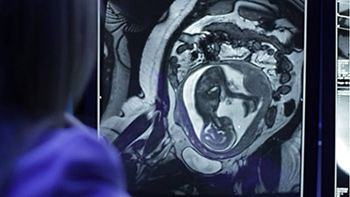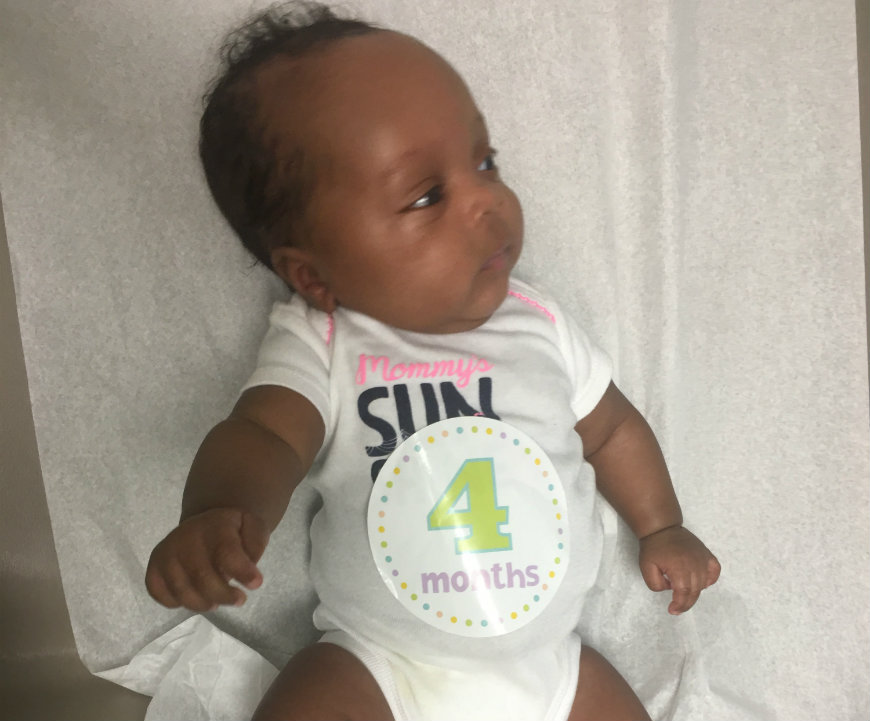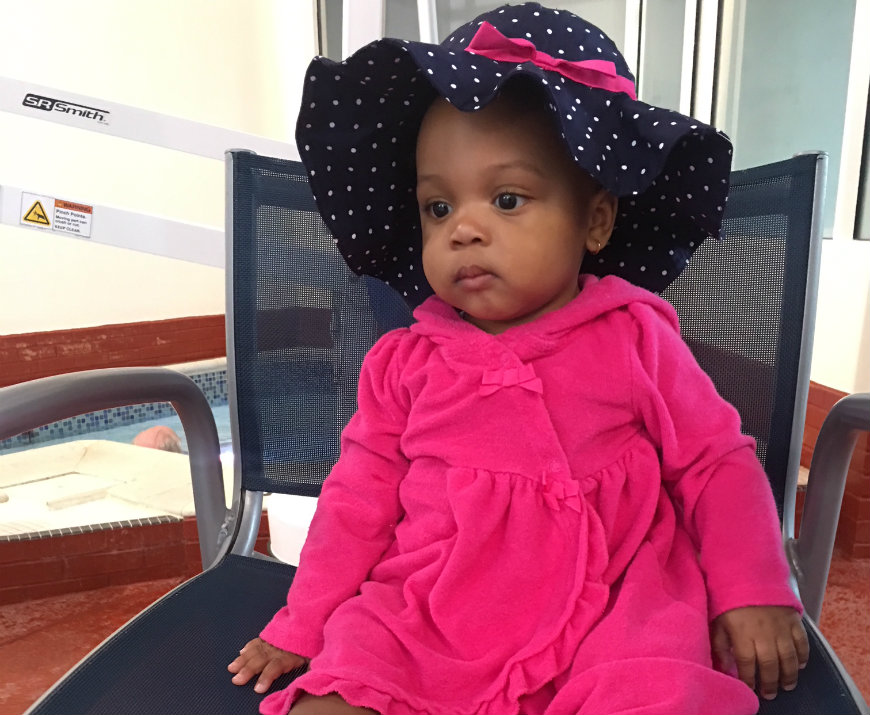
Developing Brain Institute
Brain Imaging for Fetal Development: Our Research

Our research team of physicians, engineers and computer specialists lead some of the most advanced work in fetal brain imaging in the world. We offer a range of research opportunities, including active grants, recent publications and training programs.
Developing Brain Institute: Our Research Goals
Our research team at the Developing Brain Institute, led by Catherine Limperopoulos, PhD, focuses on developing innovative, noninvasive imaging techniques that detect brain development problems early in unborn babies. Our goals include:
- Increasing our fetal brain imaging database with data on women with normal and low-risk pregnancies
- Finding and identifying early warning signs of brain problems in fetuses, detecting even the smallest deviations at an early stage
- Providing timely, accurate information about prenatal heart and brain abnormalities, including structural, functional and developmental problems
Our ultimate goal is to provide the earliest window of therapeutic opportunity for physicians to guide effective in utero medical and surgical intervention to fetuses. Such treatment can provide better health and development outcomes for children at birth and throughout their lives.


Join a Trial
Benefits
Benefits to participants in our clinical trials include:
- Free parking during your visits to Children's National
- $75 after each visit in gratitude for your participation in our study
- MRI images of your baby
For more details:

Developing Brain Institute
Join Our Research Projects
If you'd like to learn more about our studies and how you can collaborate with us or participate in one of our clinical trials, please contact our research team.























